Apple's week June 13: iPad's revival
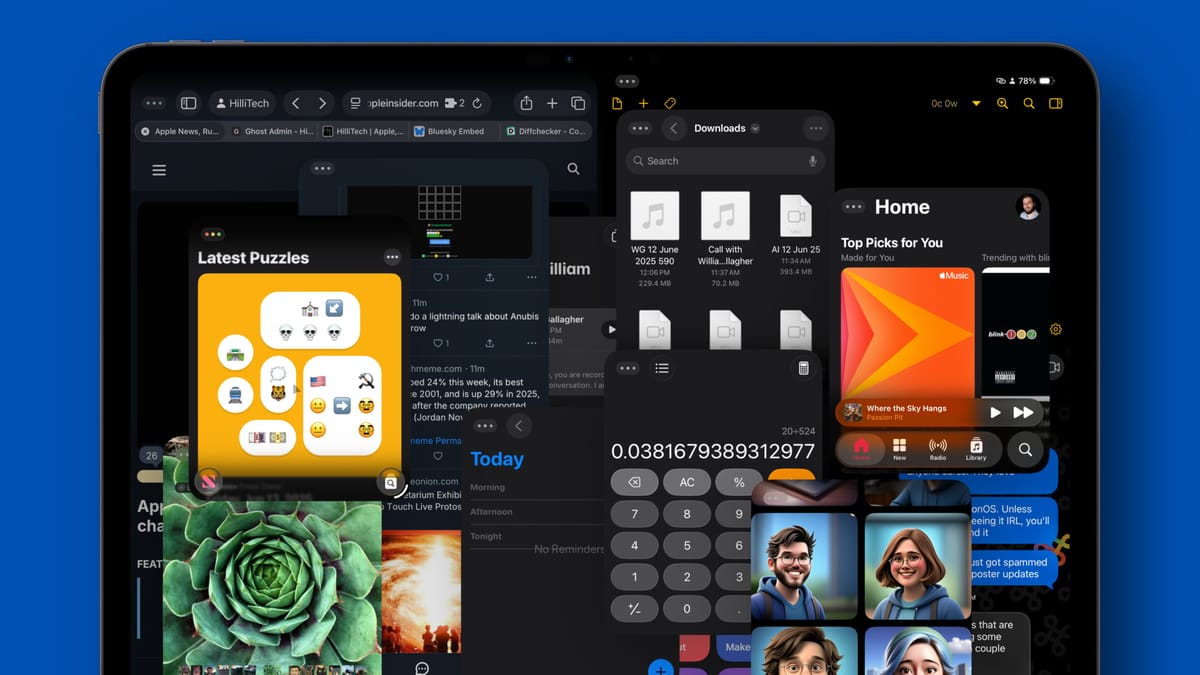
Apple held its Worldwide Developer Conference this week, and it was as packed as ever. I always have to laugh at the reports of Apple essentially taking the year off and focusing on bug fixes that come out every year.
I'm not going to have time to dive into every aspect of WWDC today, but you can find plenty of coverage on the event and what was announced at AppleInsider.
Just a sampling of what I've written this week:
- iPadOS 26 revealed
- visionOS 26 revealed
- PSVR2 controller support
- The future of Apple Intelligence
- Apple Music Sing with Mics
iPadOS 26 arrives in time for everyone to be on Mac
I had a short stint on Mac when the initial 14-inch MacBook Pro arrived with Apple Silicon. I quickly came back to iPad when Stage Manager was revealed and haven't left it since, except to work from Apple Vision Pro.
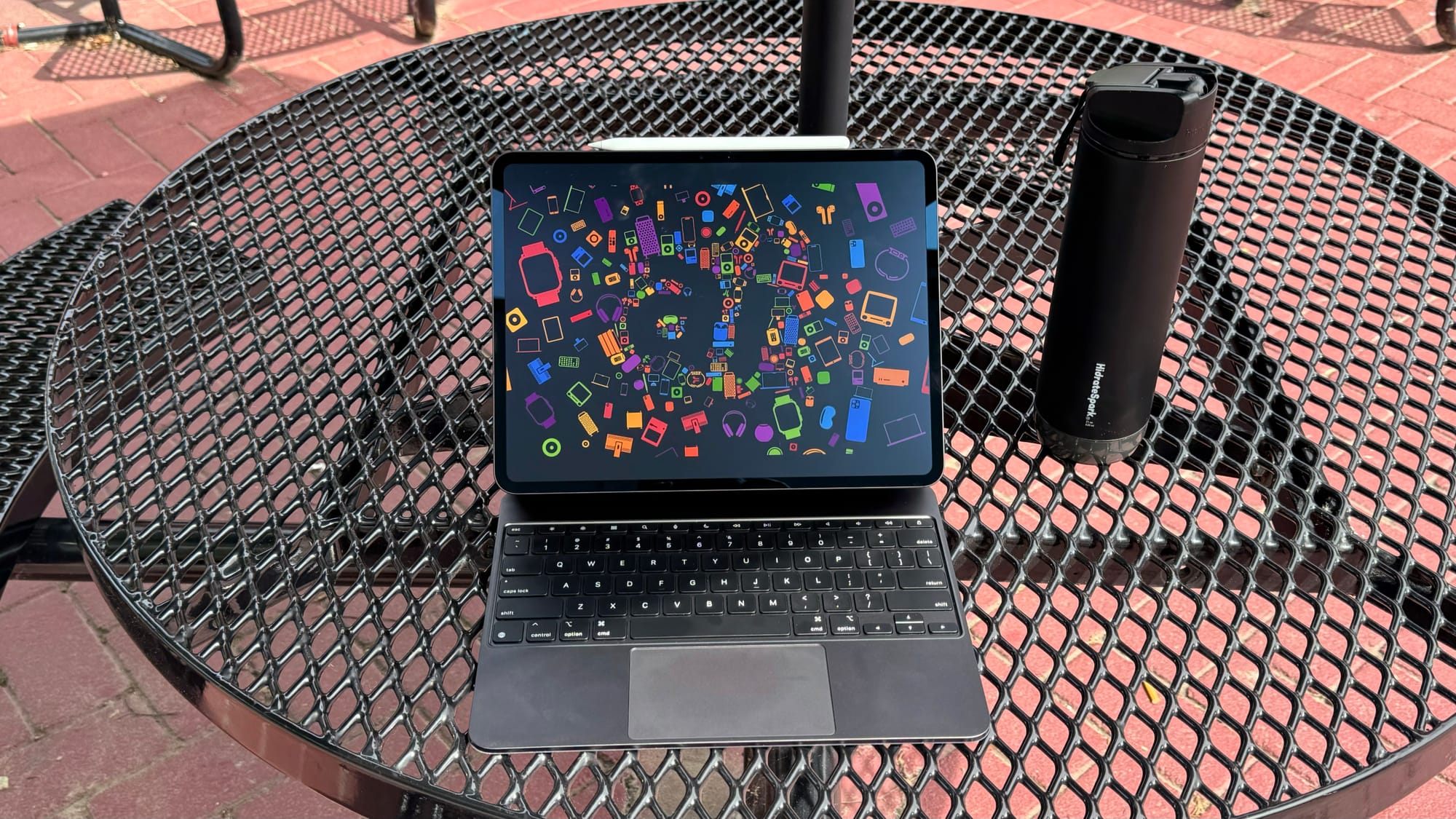
However, these days it feels like everyone I follow in tech has made different decisions. They said iPad needs to be treated as a tablet, that Apple had given up on the idea that it was the future of computing.
That sentiment swept through many of the blogs and podcasts I follow. One after another, a post or video announcing how they switched to a Mac or are using iPad for consumption only was shared. It didn't bug me personally – that's their business, but so many high-profile iPad advocates were stepping away from the platform. Apple had to have taken notice.
I wrote my feelings on all this after WWDC 2025. iPadOS 26 seems to address most of everyone's wish lists/hit lists. And even since I wrote the piece, I've heard people say they're coming back to iPad with excitement.
I'm not going to pretend these past couple of years haven't been rough in iPad land. I'm just happy to see Apple hasn't given up or resigned the platform to being consumption only.
Apple execs echo my thoughts on AI
Earlier in 2025, I wrote a whole thing on Apple Intelligence and how everyone's suggestion that it was "behind" felt wrong. It surprised me a bit to hear Apple's executives, Greg Joswiak and Craig Federighi, echoing my thoughts in an interview with the WSJ.
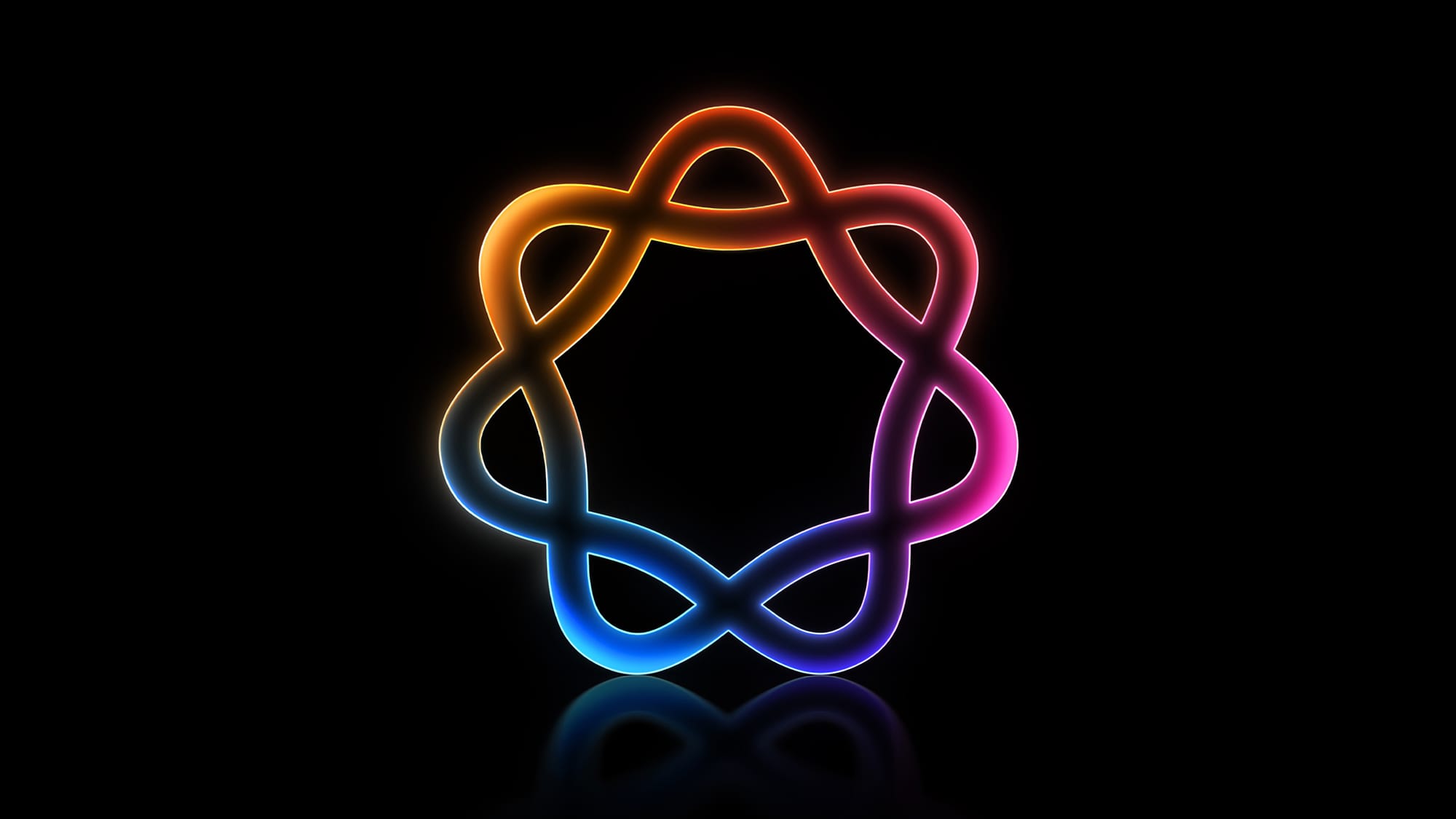
The world has been complaining that Apple hasn't "caught up" with Google and OpenAI with their Apple Intelligence offering. The thing is, Apple hasn't been competing with those platforms, and it's been obvious from the start.
When the so-called "AI" technology first arrived, it seemed to be a big scam no better than crypto or NFTs. As time went on, this proved to be mostly accurate, but a few bits of the technology seemed interesting. Over time, like many skeptics of the technology, I warmed up to some aspects.
The entire base of the technology is based around theft and grift. Soulless images, video, poor attempts to replace humans, CEOs yelling about the end of humanity, and a new set of defenders ready to fight you on the internet mark the arrival of AI.
Then Apple showed up with Apple Intelligence and showed what an on-device, private, and secure AI could look like. Even Private Cloud Compute maintained the same privacy standards as iPhone.
It felt fundamentally different to the point that it almost didn't need the "AI" name. Which Apple smartly took for its own. What Apple showed then, and continues to iterate upon today, is an advancement of what it's already been building for a decade with on-device intelligence that started with Siri and Portrait Mode.
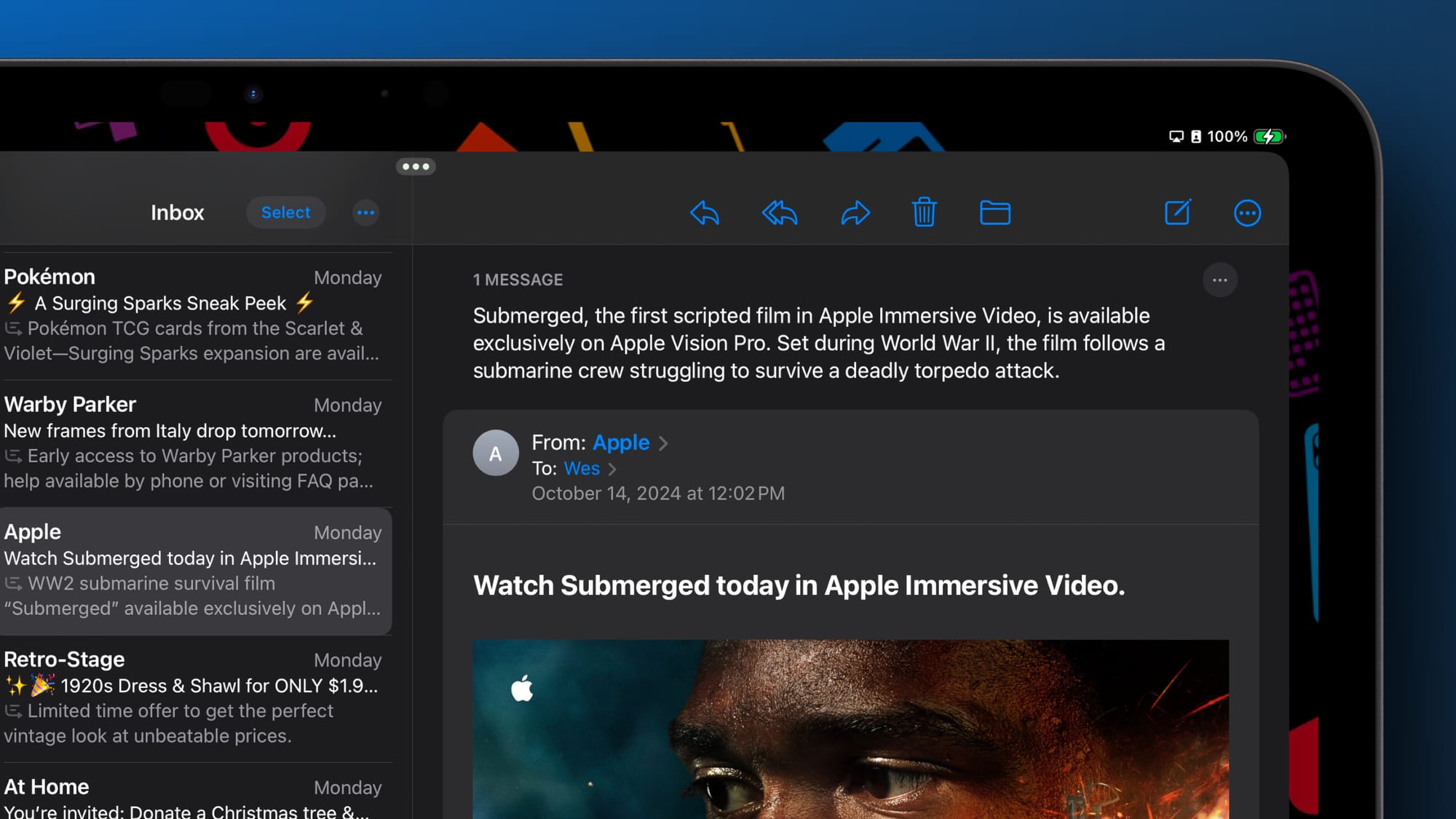
It's not flashy, it's not even that amazing of a technological achievement to be honest, but it is useful. Email and notification summaries save me time with triage, Writing Tools replaced my need to pay Grammarly for a subpar product, and now Apple Intelligence is appearing in even more places thanks to iOS 26.
The problem has always been how much the grifters elevate the usefulness and power of AI, not whether or not Apple's implementation was any good. Image Playground is terrible, I'll say that, but I like how Apple decided to approach AI as a set of background features instead of an investor's wet dream.
As time goes on, I've seen a few possible candidates for passably okay AI features from other companies, but nothing has earned the world-ending hype shared around it. Google I/O was a smattering of features no one needs or asked for.
I think it's fine that Apple takes its time in this space. Let's see where it ends up, and then we can talk about who is behind. For now, I'm happy using the technology that preserves my data and privacy.
A lack of commitment to visionOS
I love my Apple Vision Pro and might be one of a few that still use it nearly daily. That said, Apple is making a mistake not updating its compatible apps to be native on the platform.
I already spilled enough ink on the matter in the post I linked. Let's hope Apple doesn't wait another year to start making more native apps for the platform.
Recording the 'AppleInsider Podcast' on iPad
The iPad got an amazing new windowing system that's uniquely its own while emulating the Mac. A perfect hybrid that's still nowhere near bringing full macOS to iPad. I'm quite happy with where Apple arrived.
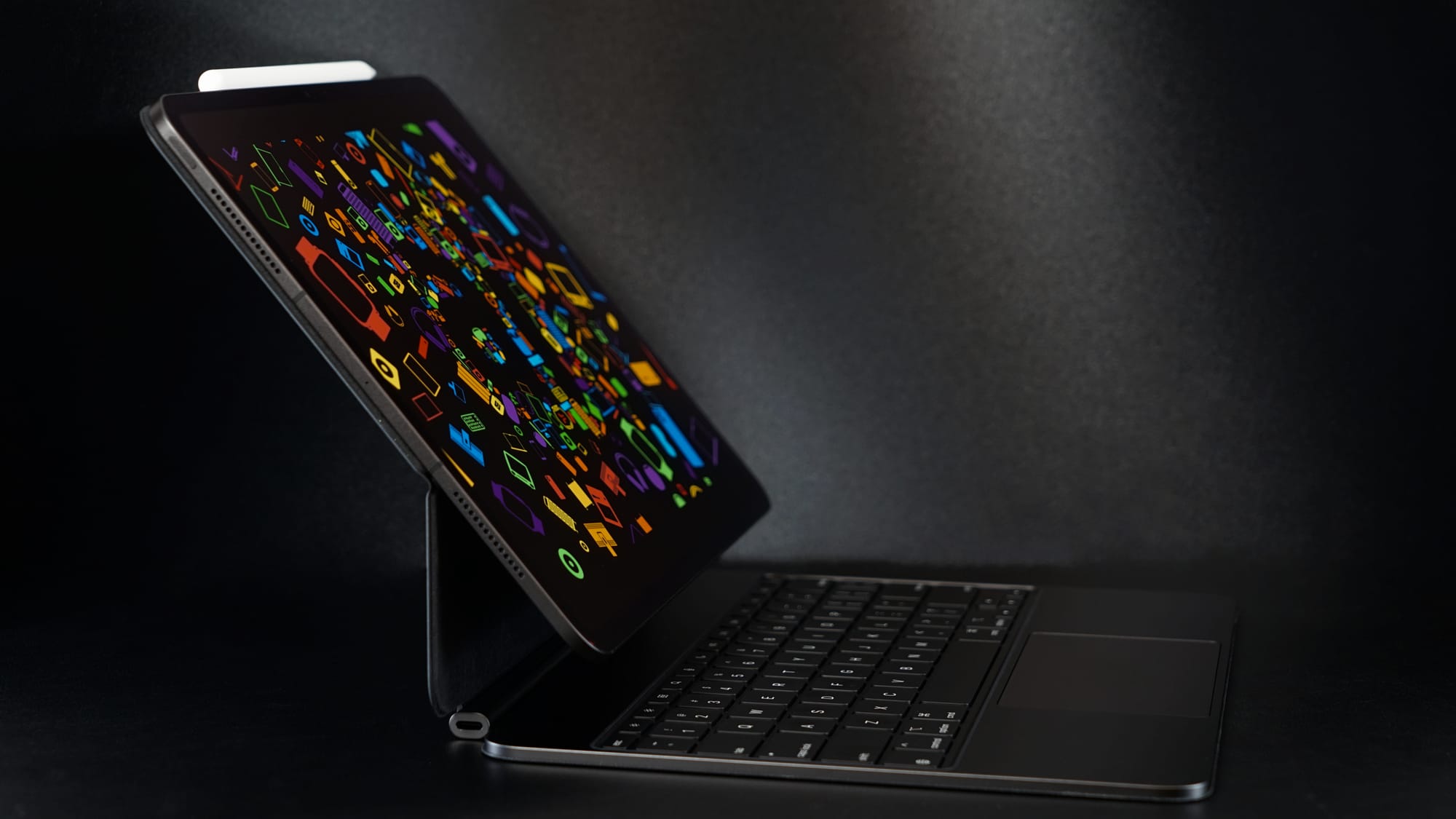
But, for my work, that wasn't even the most impactful announcement at WWDC. Apple also revealed that users can record local audio and control audio sources on a per-app basis. William and I couldn't not try this, so we recorded the AppleInsider Podcast via my iPad this week.
I discovered a few pain points, the worst being no gain control. Jason Snell ran into the same issue and filed a feedback: FB17957820. I had to put my microphone across the desk to get any useful audio.
Everything went great, at last until the edit. Turns out, since my mic was so loud, it bled through William's worn-out headphones more than usual and created an echo from his end.
At least the issue wasn't because the iPad recording didn't work. I hope the episode isn't too unlistenable anyway. We'll be tweaking our setups to ensure we provide quality audio going forward, especially if we continue to record over my iPad.
